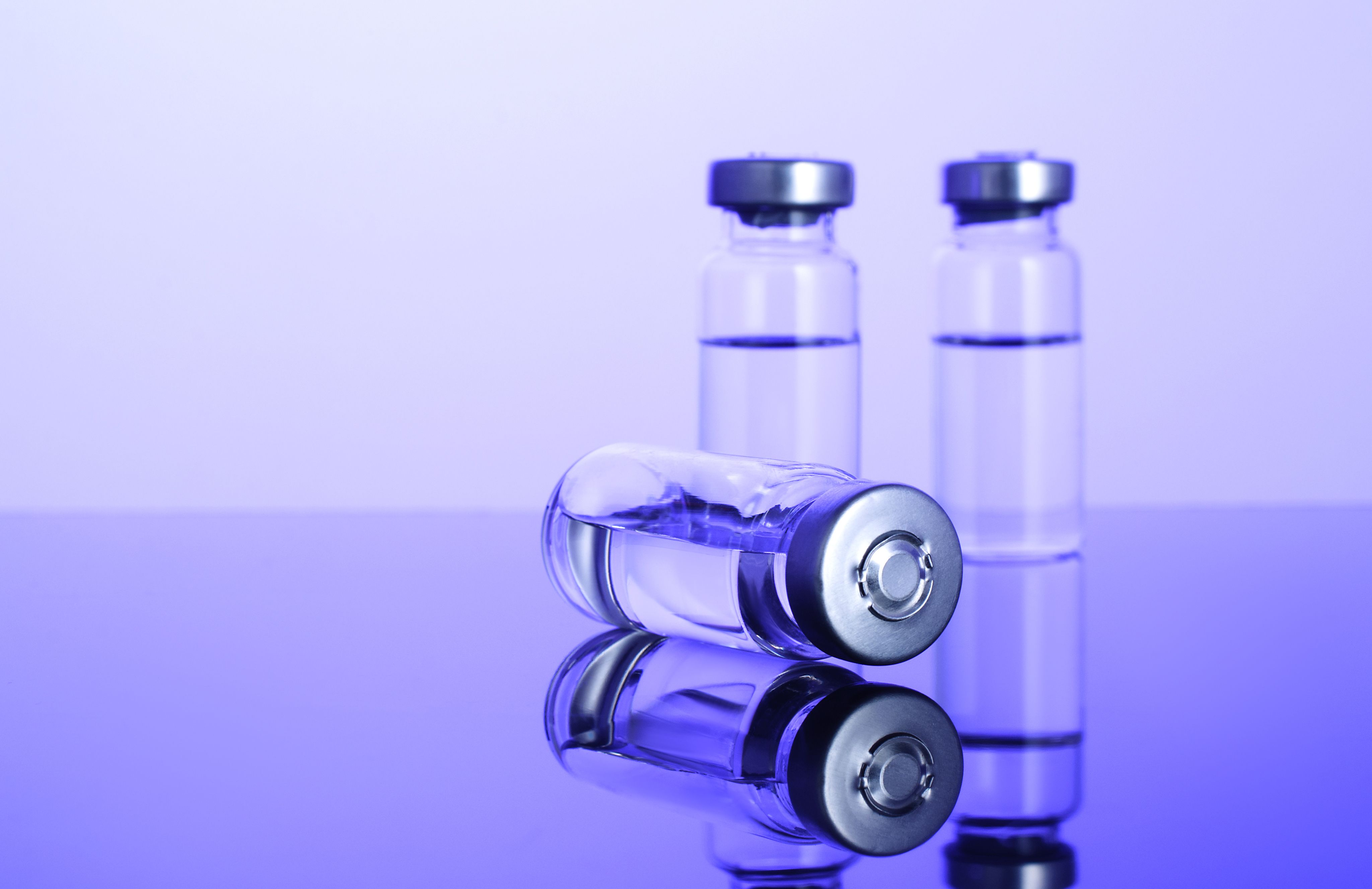- Bone Health
- Immunology
- Hematology
- Respiratory
- Dermatology
- Diabetes
- Gastroenterology
- Neurology
- Oncology
- Ophthalmology
- Rare Disease
- Rheumatology
Overcoming Challenges to Improve Access and Reduce Costs
Biosimilars hold the potential to dramatically lower health care costs and improve access to life-changing treatments, but realizing this potential will require urgent policy reforms, market competition, and better education for both providers and patients.
Biosimilars have significant potential to improve health care affordability and access, but realizing this will require policy reforms, market competition, and increased education for providers and patients, according to 2 experts who penned an editorial published in Arthritis & Rheumatology.1
The article sought to examine the adoption patterns of infliximab biosimilars across insurance types and to highlight the barriers and policy changes needed to enhance biosimilar uptake, ultimately aiming to make these cost-effective treatments more accessible and affordable within the health care system.
Biosimilars hold the potential to dramatically lower health care costs and improve access to life-changing treatments, but realizing this potential will require urgent policy reforms, market competition, and better education for both providers and patients. | Image credit: Yuliia Sihurko - stock.adobe.com

Although biologic drugs, such as infliximab, offer substantial benefits for patients, their high prices limit access. Biosimilars present an opportunity to reduce costs; however, uptake of these alternatives has been slow and uneven, hindered by a range of systemic obstacles.
Previous research analyzed infliximab biosimilar adoption across Medicare, Medicaid, and private insurance from 2016 to 2022, revealing gradual but variable increases.2 By 2022, biosimilar adoption was highest among Medicaid plans at 44%, while Medicare trailed at 24%, pointing to financial and policy challenges in incentivizing biosimilar prescriptions under Medicare.
Several factors have contributed to the sluggish biosimilar adoption, according to the present article. Lengthy regulatory exclusivity periods and a "patent thicket" that keeps new biosimilars out of the market, complex regulatory pathways that require extensive clinical testing, and provider hesitancy to switch patients to biosimilars due to lack of familiarity have all contributed to limited market entry and adoption. Physicians and patients, particularly those with chronic conditions, often prefer staying with the original biologic drugs, further slowing biosimilar uptake. Medicare’s reimbursement practices, which pay similar rates for biosimilars and originator biologics, provide little incentive for prescribers to switch patients to these lower-cost options.
The article emphasizes that achieving widespread biosimilar adoption will require a multifaceted approach. Recommendations include streamlining the FDA’s approval process for biosimilars, reforming Medicare policies to offer more favorable reimbursement for biosimilars, and revising payer formularies to prioritize these cost-effective alternatives. It also highlights the need for targeted education campaigns to improve provider and patient confidence in biosimilar efficacy and safety. The findings underscore the importance of policy interventions, market competition, and educational efforts in harnessing the potential of biosimilars to expand access to critical treatments and reduce overall health care costs.
“To foster an environment that encourages biosimilar uptake, regulators and legislators might consider streamlining the FDA pathway for biosimilar approval, reducing the thicket of patents covering biologic products to provide smooth transitions to competitive markets after the original patents on the underlying active ingredient ends, and promoting transparent rebate and discount negotiations," the authors wrote.
Additionally, they said that reimbursement policies, particularly in Medicare, were seen as needing reform to incentivize prescribers to choose biosimilars over higher-cost originator drugs. Similarly, payers could adopt formulary strategies that prioritize biosimilars through practices like step therapy, which requires patients to try a biosimilar before approving the original biologic, or through reduced co-payments to lower out-of-pocket costs for patients. Finally, it highlighted the importance of educating both health care providers and patients to address concerns over biosimilars’ safety and effectiveness, fostering a more supportive environment for their use.
References
1. Hong D. Kesselheim AS. Enhancing health care affordability: strategies for accelerating biosimilar uptake. Arthritis Rheumatol. Published online October 14, 2024. doi:10.1002/art.43030
2. Roberts ET, Li J, Bansback N, et al. Patterns of infliximab biosimilar uptake for Medicare, Medicaid, and private insurance from 2016 to 2022. Arthritis Rheumatol. Published online July 30, 2024. doi:10.1002/art.42963
Newsletter
Where clinical, regulatory, and economic perspectives converge—sign up for Center for Biosimilars® emails to get expert insights on emerging treatment paradigms, biosimilar policy, and real-world outcomes that shape patient care.
